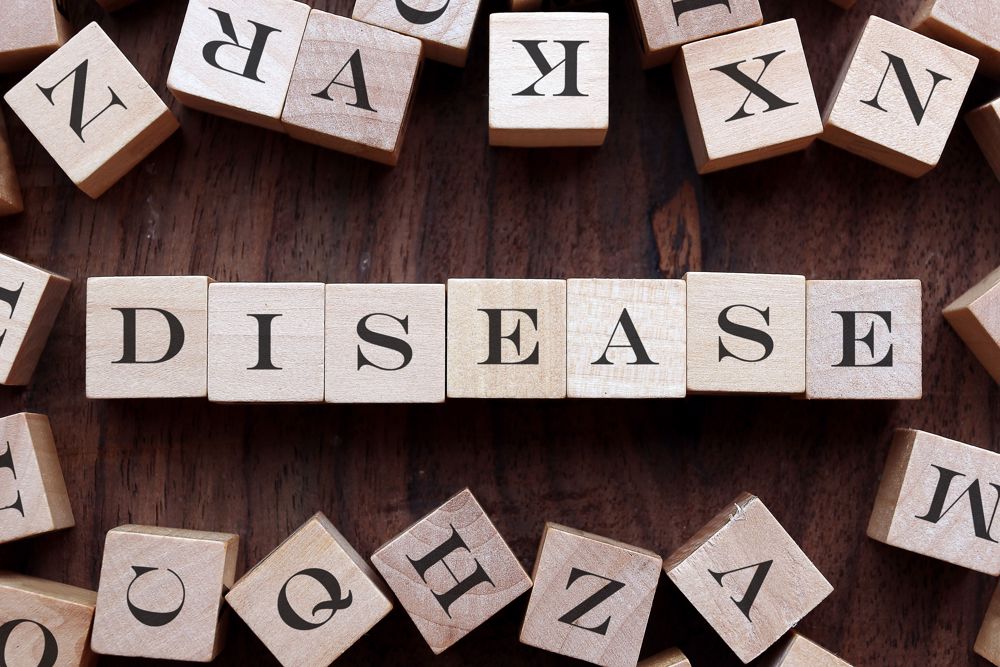For many, 2020 was an unforgettable year, but one they are nonetheless trying to repress from their memory banks. However, it’s safe to say that no one will be able to banish it from their minds entirely, given the massive repercussions caused by COVID-19.
It was also a period that altered how people view the world — as well as their place in it. From how they go about their day-to-day routines, to their all-remote work environment, to what items they keep with them at all times, 2020 brought a lot of sweeping changes.
But there was something else the pandemic changed: how Americans view life insurance.
“33% of people in the U.S. say the coronavirus has made it more likely they will obtain a life insurance.”
When it comes to coverage, close to one-third of people in the U.S. say the coronavirus has made it more likely they will obtain a life insurance policy. This finding comes from a recent survey conducted jointly by the trade associations LIMRA and Life Happens. Not only do more Americans expect to buy life insurance, but they plan on doing so in 2021.
More millennials seeking life insurance
The inclination to purchase life insurance is particularly high among millennials. Indeed, 45% of these young adults — who generally range between the ages of 22 and 40 — said COVID-19 prompted them to buy more life insurance, the poll found. That’s a higher share than any other generation, more than Generation X or baby boomers at 31% and 15%, respectively.
David Levenson, LIMRA president and CEO, noted the pandemic reshaped not only how people view both their physical and financial well-being.
“COVID-19 has raised awareness about the important role life insurance plays in families’ financial security,” Levenson explained. “Our research shows 42% of Americans would face financial hardship within six months if the primary wage-earner were to die unexpectedly.”
Growing concerns about finances
This wasn’t always the case. In April 2020 — shortly after the beginning of the pandemic and the resulting shutdown that occurred across the country — close to 60% of respondents said they were fearful of contracting COVID-19, based on a survey conducted by Gallup. This compared to less than half — 48% — who worried more about the personal financial implications they may encounter from the crisis.
More than a year removed from when COVID-19 first made its appearance — and with vaccine distribution growing by the day — more Americans say they are not doing nearly as well now as they were in January 2020. In a separate Gallup poll, 59% said they were worse off financially than they were a year ago. At the same time, 35% said they were faring better today.
Ongoing financial struggles can — and do — place families in extraordinary difficult circumstances should the primary earner be stricken by a severe illness or untimely death. A separate LIMRA study found that if a household’s primary breadwinner were to die unexpectedly, more than 40% of Americans would have trouble making ends meet within six months of that person’s death. As many as 25% said they’d be in dire straits in one month or less.
The proceeds available from a life insurance policy can protect families from these and other financial worst-case scenarios.
Faisa Stafford, president and CEO of Life Happens, noted that there haven’t been many encouraging aspects of COVID-19, but the prioritization of life insurance is certainly one of them.
“The silver lining to this pandemic for our industry is that the awareness of the value of life insurance is at an all-time high,” Stafford said. “Twenty-two percent of insured Americans (29 million) believe they need more life insurance. For those without coverage, 59% say they need life insurance, which represents 73 million Americans. As educators about the importance of life insurance, we know that when people understand the need for life insurance and purchase it, they can take control of one important aspect of their financial futures.”
Misconceptions clarified
Families’ renewed focus on life insurance is also allowing the industry to set the record straight on a variety of preconceived notions people may have had regarding coverage.
For example, survey after survey over the years has shown that Americans, by and large, think life insurance is more expensive than it actually is. In the aforementioned annual Life Insurance Barometer Study done by LIMRA, more than half of respondents believed the cost of coverage was three times higher than it really was.
“Worldwide, more than 3.3 million people have died from the coronavirus.”
But if COVID-19 has taught people anything, it’s the fragility of life itself. Worldwide, more than 3.3 million people have died from the coronavirus, according to the most recent figures available from John Hopkins University & Medicine. And in the U.S. alone, the death toll tops 582,000. The elderly are the most vulnerable to COVID-19, but virtually no age group has gone unaffected. More than 6,000 Americans between the ages of 30 and 39 have died from the pandemic, based on figures compiled by Statista.
Much like cancer, the coronavirus has affected just about everyone in some way, be it in terms of their physical health, their mental well-being or their financial situation. Worldwide, more than 1 billion have gone jobless at one point or another since the second half of 2020, all because of the pandemic, Gallup found. Life insurance can serve as a line of defense for your clientele.
High net worth individuals and business owners can use life insurance premium financing as a way to leverage borrowed funds so that they can obtain the protection life insurance offers while retaining control over their own funds. This enables those funds to be put to use for other purposes.
Global Financial Distributors specializes in premium financing and many other financial planning needs. Contact us today to learn more.


